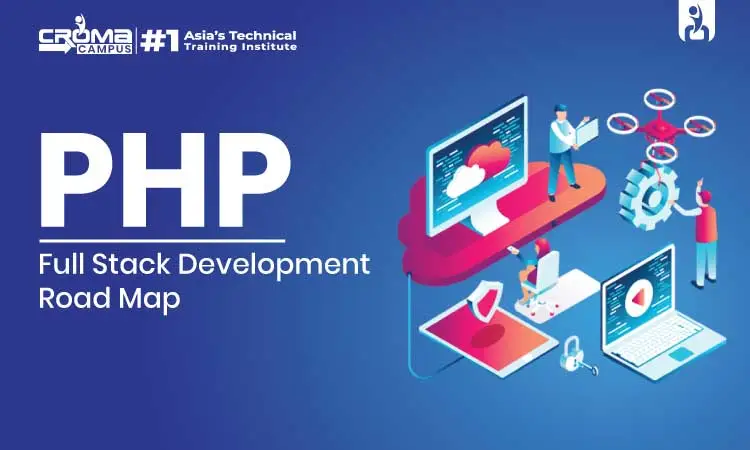88YTY News Hub
Stay updated with the latest trends and news.
Code to Coffee: Fueling Your Full-Stack Journey
Discover tips, tricks, and insights to power your full-stack journey from Code to Coffee. Fuel your passion and level up your skills today!
How to Transition from Beginner to Full-Stack Developer
Transitioning from a beginner to a full-stack developer requires a structured approach and dedication. Begin by solidifying your understanding of the foundational languages such as HTML, CSS, and JavaScript. These are essential for both front-end development and understanding the basics of how web applications function. Following this, it’s crucial to delve into back-end technologies, such as Node.js or Python, and become familiar with database management using options like SQL or NoSQL. Once you grasp the basics, consider building small projects that integrate both front-end and back-end elements, which will help you enhance your skills while creating a portfolio.
Another significant step in your journey is to embrace the concept of version control using tools like Git. This not only streamlines your coding process but also prepares you for collaborative environments. Participate in online coding communities, contribute to open-source projects, and regularly refine your skills through coding challenges on platforms like LeetCode or HackerRank. Remember, the shift from beginner to full-stack developer is a journey that involves continuous learning and adaptation, so remain curious and stay updated with modern tools and frameworks, such as React for front-end and Express for back-end development.

Essential Tools and Technologies Every Full-Stack Developer Should Know
Being a successful full-stack developer requires a strong grasp of a wide range of tools and technologies. From front-end frameworks to back-end databases, it's essential to build a solid skill set that can handle diverse challenges. Here are some crucial tools that every full-stack developer should be familiar with:
- Version Control Systems: Tools like Git and GitHub are vital for managing code changes and collaborating with other developers.
- Front-End Frameworks: Proficiency in frameworks such as React, Angular, or Vue.js can significantly enhance your web development skills.
- Back-End Frameworks: Understanding frameworks like Node.js, Django, or Ruby on Rails is essential for managing server-side logic.
- Databases: Familiarity with SQL and NoSQL databases, such as MySQL and MongoDB, is vital for effective data management.
In addition to these foundational tools, a full-stack developer should also consider proficiency in modern development practices and deployment techniques. Utilizing tools like Docker for containerization can streamline the development and deployment process. Moreover, understanding RESTful APIs and GraphQL allows developers to facilitate seamless communication between the front-end and back-end. Above all, continuous learning and staying updated with the latest technologies and trends in the field is crucial for maintaining competitiveness in this ever-evolving landscape.
The Ultimate Coding Resources: From Learning to Brewing Your Best Code
In the ever-evolving world of technology, having access to the right coding resources is essential for both beginners and experienced developers. Whether you are just starting your journey in programming or looking to upgrade your skills, there are abundant resources available. To kick off, here are some ultimate coding resources categorized for your convenience:
- Online Learning Platforms: Websites like Codecademy, Udemy, and Coursera offer comprehensive courses that cover various programming languages and frameworks.
- Documentation: The official documentation for languages like Python, Java, and JavaScript serves as a critical resource for understanding syntax and best practices.
- Forums and Communities: Engaging with platforms such as Stack Overflow and GitHub Discussions can provide direct answers to your coding questions and connect you with fellow developers.
Once you have acquired the necessary skills, the next step is to refine your coding style and efficiency. Crafting your best code requires practice, consistency, and a commitment to learning from both successes and failures. Utilize resources like code review platforms and open-source projects to receive feedback and insights from experienced coders. Additionally, adopting tools such as version control (Git) and integrated development environments (IDEs) can significantly enhance your coding productivity. Remember, the journey to becoming an exceptional coder is continuous; embrace the learning process and strive to improve with every line of code!